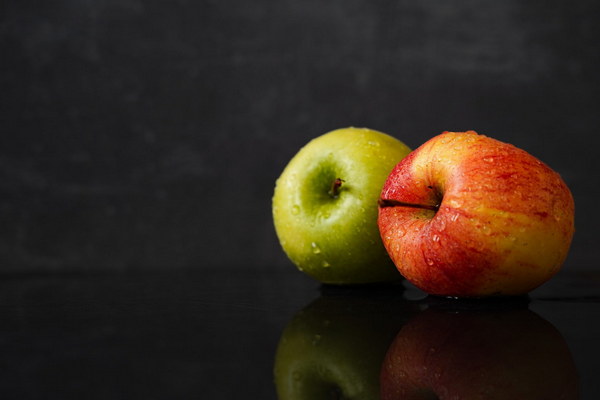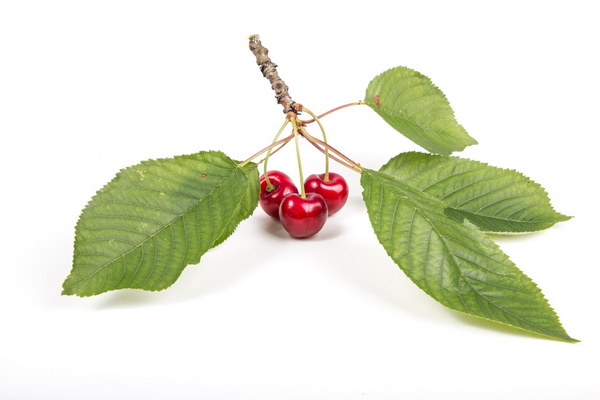Breath of Health Top Strategies for Lung Care and Cancer Prevention
Introduction:
Lung cancer is one of the most prevalent and deadly forms of cancer worldwide. Maintaining lung health is crucial in preventing this life-threatening disease. This article delves into effective strategies for lung care and cancer prevention, focusing on lifestyle adjustments and natural remedies that can bolster your respiratory system's defenses.
1. Quit Smoking:
The most significant step in lung care and cancer prevention is to quit smoking. Smoking is the leading cause of lung cancer, and eliminating this habit can dramatically reduce your risk. If you're a smoker, seek support from friends, family, or professional organizations to help you quit. Additionally, consider nicotine replacement therapy or prescription medications to aid in your journey to a smoke-free life.

2. Limit Exposure to Secondhand Smoke:
Secondhand smoke is a significant risk factor for lung cancer. If you're in a smoky environment, try to avoid it as much as possible. Encourage friends and family to smoke outside, and advocate for smoke-free policies in public places.
3. Improve Air Quality:
Poor air quality can exacerbate lung conditions and increase the risk of lung cancer. Ensure that your living and working environments have good ventilation. Use air purifiers in your home and office to reduce indoor air pollution. If you live in an area with high air pollution, consider using a mask when outdoors.
4. Exercise Regularly:
Physical activity enhances lung function and improves overall health. Engaging in regular exercise, such as walking, jogging, or cycling, can help maintain healthy lungs and reduce the risk of lung cancer. Aim for at least 150 minutes of moderate-intensity aerobic exercise per week.
5. Maintain a Healthy Diet:
A balanced diet rich in fruits, vegetables, whole grains, and lean proteins can support lung health and reduce the risk of cancer. Some specific foods and nutrients may be particularly beneficial:
- Beta-carotene: Found in orange and yellow fruits and vegetables, beta-carotene may help protect against lung cancer.
- Vitamin C: Citrus fruits, berries, and leafy greens are excellent sources of vitamin C, which may help prevent lung cancer.
- Selenium: Selenium is a mineral that has been shown to have anti-cancer properties. Good sources include nuts, seeds, and whole grains.
- Omega-3 fatty acids: Fish, flaxseeds, and chia seeds contain omega-3 fatty acids, which may help reduce the risk of lung cancer.
6. Practice Mindfulness and Stress Reduction:
Chronic stress has been linked to the development of various diseases, including lung cancer. Mindfulness practices, such as meditation, deep breathing exercises, and yoga, can help reduce stress levels and promote overall health.
7. Get Regular Check-Ups:
Early detection of lung cancer is critical for successful treatment. If you have a history of smoking or other risk factors, schedule regular check-ups with your healthcare provider. They can help monitor your lung health and detect any potential issues early.
Conclusion:
Taking care of your lungs is essential for maintaining good health and reducing the risk of lung cancer. By adopting a smoke-free lifestyle, improving your air quality, exercising regularly, eating a healthy diet, practicing mindfulness, and getting regular check-ups, you can significantly enhance your lung health and lower your risk of this deadly disease. Remember, it's never too late to start taking steps towards a healthier respiratory system.









